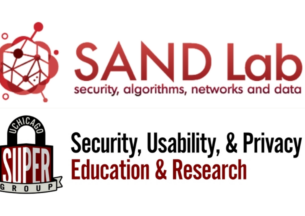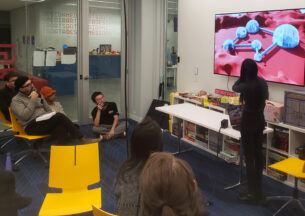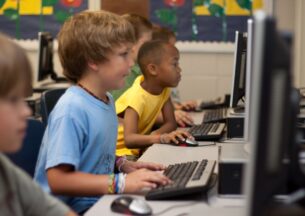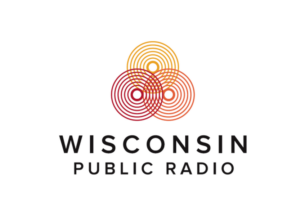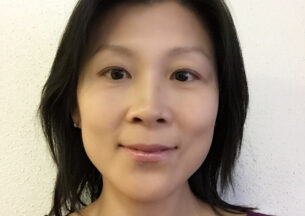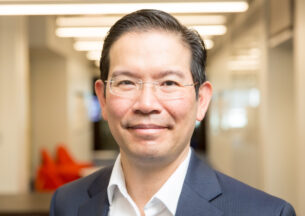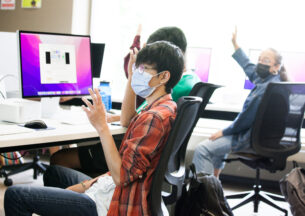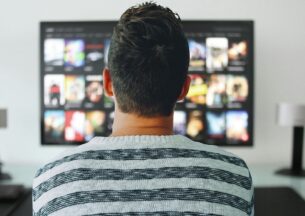Chicago Public Schools Student Chris Deng Pursues Internet Equity with University of Chicago Faculty
High school senior Chris Deng became passionate about Internet equity during a year-long research project he just completed with University of Chicago’s Neubauer Professor of Computer Science, Nick Feamster. The goal of the project was to explore how equitable and adequate the Internet is across Chicago Public Schools, which is something that had not been done before. The year-long research collaboration culminated not only in a groundbreaking study about the performance of Internet connectivity of Chicago Public Schools, but also Chris’s passion for computer science; he will be studying computer science at the University of Chicago this coming fall.
Deng’s research builds on the ongoing interdisciplinary Internet Equity Initiative, led by Feamster’s Network Operations and Internet Security (NOISE) Lab and Nicole Marwell, Associate Professor at the Crown School of Social Work, Policy, and Practice. The Internet Equity Initiative strives to understand gaps in Internet coverage and develop new strategies to deliver equitable, reliable, affordable Internet access to the city of Chicago, particularly in communities that are underserved by broadband Internet. The efforts utilizes faculty expertise in governance, social science, computer science, computer networking, and technology policy to create a unique approach to an important issue.
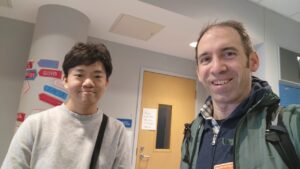 Deng, who is in the Collegiate Scholars Program, was first introduced to the Computer Science Department as part of Broadening Participation in Computing (BPC) efforts which aim for multi-year sustained engagement of high school students. Chris took multiple BPC courses at the University, including Feamster’s How Your Home Internet Works, from Bits to Policy. Deng had not done research previously, but asked Feamster to mentor him through his senior AP Research class at Walter Payton College Prep in downtown Chicago. He initially found inspiration for his project when Feamster talked about ongoing work with another student, Ranya Sharma, who started research as a high school student and is now a first-year student at the University of Chicago.
Deng, who is in the Collegiate Scholars Program, was first introduced to the Computer Science Department as part of Broadening Participation in Computing (BPC) efforts which aim for multi-year sustained engagement of high school students. Chris took multiple BPC courses at the University, including Feamster’s How Your Home Internet Works, from Bits to Policy. Deng had not done research previously, but asked Feamster to mentor him through his senior AP Research class at Walter Payton College Prep in downtown Chicago. He initially found inspiration for his project when Feamster talked about ongoing work with another student, Ranya Sharma, who started research as a high school student and is now a first-year student at the University of Chicago.
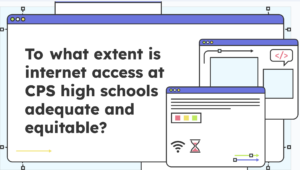 “I didn’t really have a solid idea of what I wanted to do for my AP Research class,” recalled Deng. “Then Nick showed us his research with a previous high school student about digital redlining in Chicago and how they used measurement devices to record Internet information across households. I thought it was very interesting and wanted to build on that with a connection that was personal to me: Chicago Public Schools.”
“I didn’t really have a solid idea of what I wanted to do for my AP Research class,” recalled Deng. “Then Nick showed us his research with a previous high school student about digital redlining in Chicago and how they used measurement devices to record Internet information across households. I thought it was very interesting and wanted to build on that with a connection that was personal to me: Chicago Public Schools.”
Digital redlining is “the practice of creating and perpetuating inequities between already marginalized groups specifically through the use of digital technologies, digital content, and the Internet.” Currently, the Federal Communications Commission (FCC) helps fund schools and libraries across America through their E-Rate Program so they can upgrade their WiFi networks and avoid these inequities. They monitor both short and long-term goals to gauge whether Internet access is adequate. Funding is ultimately based on Internet speed reporting, and unfortunately some research shows blinding disparities across groups with lower income. A study in 2020 found that households earning less than $20,000 have a broadband adoption rate of 62%, making it more difficult for them to find jobs and get out of poverty. Understanding how this affected schools in a city with largely marginalized groups of people motivated Deng’s research.
To measure metrics associated with Internet equity, Deng connected Internet measurement devices running the Netrics software developed in Professor Feamster’s research group to the individual school’s networks. The instruments would conduct a variety of Internet speed tests to monitor Internet statistics, including throughput (speed of data transfer), latency (time delay in data transfer), and retransmission rate (the rate of failed data transfers). Deng reached out to more than twenty schools across the Chicago Public Schools system and asked them to participate in his study. He received six responses: one school from the west side, three from central Chicago, and two from the north side. No schools from the south side responded.
“One of the most difficult challenges when performing this type of research is obtaining a representative data sample in the first place,” said Feamster. “Doing so requires recruiting a wide range of schools, from a broad range of neighborhoods. Chris had to grapple with a pertinent challenge in this work: geographies that lack good Internet infrastructure also often have difficulty devoting time, energy, and other resources to studies like this, which can, unfortunately, amplify inequity. In addition to the interesting findings from Chris’s research, I’m glad he had the opportunity to experience this aspect of research, as well—specifically, tackling the thorny real-world challenges with acquiring a good data sample in the first place.”
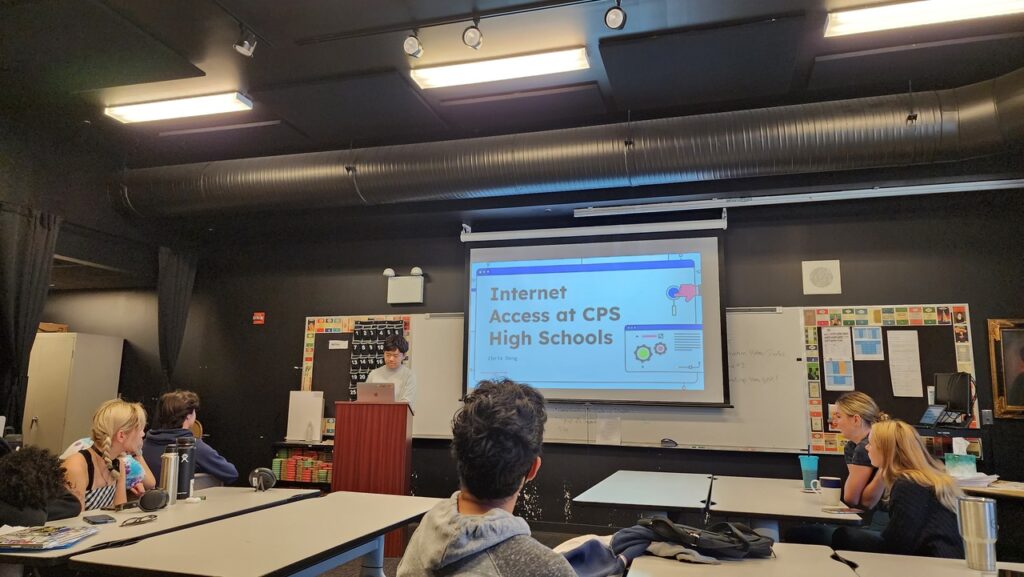 Of the six schools that Deng was able to sample, each one was able to meet the FCC’s short-term goal for adequate Internet. However, only 13% of schools and 25% of the regional tests met the FCC’s long-term benchmark. None of them met the State Educational Technology Directors Association’s goal for large districts like CPS. In addition, Deng’s report showed that while CPS high school Internet access demonstrated equality because everyone received 1 Gbps, they did not demonstrate equity. Schools did not take into account the different amount of students attending. As a consequence, the data suggests that smaller high schools have better quality Internet per person compared to those at larger schools.
Of the six schools that Deng was able to sample, each one was able to meet the FCC’s short-term goal for adequate Internet. However, only 13% of schools and 25% of the regional tests met the FCC’s long-term benchmark. None of them met the State Educational Technology Directors Association’s goal for large districts like CPS. In addition, Deng’s report showed that while CPS high school Internet access demonstrated equality because everyone received 1 Gbps, they did not demonstrate equity. Schools did not take into account the different amount of students attending. As a consequence, the data suggests that smaller high schools have better quality Internet per person compared to those at larger schools.
“CPS should reconsider the one size fits all approach moving forward,” said Deng. “Not every school has the same administrative or learning needs. Having equality is great in theory, but we need to strive for equity as well to make sure everyone is reaching the same outcome.”
Deng understands the small sample size is limiting to the study but hopes that more schools can be surveyed both quantitatively and qualitatively in the future. Now that his first research study is complete, he looks forward to using the skills he learned working with Feamster for other endeavors.
“Right now I’m interested in getting a stable job after college. Over the summer we talked about ethics of AI and algorithms in social media that get people addicted. I found that so fascinating, and I’d love to use my computer science knowledge to make an impact in that field.”
Deng will enter the University of Chicago this fall as an undergraduate and plans to study computer science as a first generation college student. This is exactly the type of positive outcome that the departmental BPC program and dedicated faculty like Feamster strives for. To learn more about the BPC’s plan for 2023 and beyond, you can visit the department’s website here.



